Compared to our Asian-dominated high school, Sunny Hills, my old elementary school in L.A. had little to no Asians. On the first day of kindergarten, I entered the classroom to see the seats mostly filled with people of foreign physical features.
The following day, a Caucasian boy approached me with a Hershey’s Kisses chocolate, asking me many different questions because I was new to Brentwood School.
“Where did you live before?”
“Why don’t you talk to anyone?”
“What’s your favorite color?”
He scanned my face and hesitantly asked about my ethnicity. When I told him I was Korean, he laughed — and I knew exactly why.
“Well, which one?” he asked.
He was young, but so was I. He could have thought of it as a joke because all his friends laughed about it, but the ignorance of his words remains deeply ingrained in my brain as a hurtful memory. At just 5 years old, I felt shame and anger at the people who made fun of my country, South Korea.
For context, the relationship between North and South Korea irrevocably changed from family to blood in 1945 when the countries split because of their different political and economic beliefs. The conflict later resulted in the Korean War in 1950. Most people are aware and careful about the subject, but some remain uneducated.
The recent 2024 Paris Olympics exemplifies such ignorance.
As an avid Olympics enthusiast, I woke up an hour earlier than my usual time, 11 a.m., on Friday, July 26, and logged on to the NBC website just to view the Paris Olympics opening ceremony live.
Unlike the past ceremonies in which the athletes simply circled the arena as they entered, the Paris Olympics planning committee this year decided to transport them on a boat across the Seine River. I really enjoyed this impressive approach until an hour into the program.
I saw the 143 South Korean athletes alongside those from Cook Islands and Costa Rica as they traveled down the river. I was excited because I sat through the long ceremony to see those representing my motherland.
“Cook Islands!” the emcee announced.
My country was next, and the camera shifted to the South Koreans.
However, my eagerness dissipated when I heard my country introduced as the “Democratic People’s Republic of Korea” — the official name of North Korea.
In shock, I texted my family in our group chat: “They announced South Korea as North Korea in the Paris Olympics, haha. Are they crazy?”
In the years that I have followed the Winter and Summer Olympics, I realize many controversies arise during such big events. For example, bribery allegations surrounded the 2020 Tokyo Olympics, postponed to 2021 because of the COVID-19 pandemic. The 2022 Beijing Olympics was also called the “scandal Olympics,” and 10 nations withheld sending any diplomats to the games because of China’s human rights abuses. However, I never understood how it felt to be a part of the affected group until this year.
According to a Saturday, July 30, ESPN article, the Paris organizers apologized, but the mistake awakened the painful past of the plight my ancestors had to endure. Unfortunately, more mismanagement continued during the Olympics, which left me disappointed.
To top it all off, the Olympic flag was flown upside down toward the end of the opening ceremony.
Things didn’t get any better during the medalist recognition ceremonies. In one case, the organizers played the wrong national anthem for South Sudan before the start of its men’s basketball game. The incorrect song was the Sudanese anthem, and the mistake was disappointing as South Sudan gained independence from Sudan in 2011, according to a Friday, July 28, BBC article. Like North and South Korea, Sudan and South Sudan are different nations.
Four years from now, this international summer event will come to Southern California — Los Angeles — in 2028, and such debacles could serve as a redemption for the Olympics. Those organizing the opening and closing ceremonies and the broadcast of the medalists’ national anthems should learn from the mistakes made in Paris.
Instead of carelessly sounding the wrong national anthem and announcing the name of a different country, it would be best for the Olympics to educate, if not learn more, about the significance of why individuality is so important.
Finally, I hope that L.A.’s Olympics planners will be more sensitive about people’s religious values.
Although I initially did not realize it while watching the opening ceremony, I discovered The Last Supper controversy through social media videos as many Christians pointed out the resemblance between the Leonardo Da Vinci painting and the ode to the Greek god Dionysus.
On TikTok, an account by the user @christiandiscipline1 posted a video on Saturday, July 27, garnering nearly half a million views. Slides of photos pointed out the similarity and called out the performance as mockery of Jesus’ last supper with his 12 disciples.
According to a Sunday, July 28, Forbes article, the Paris organizers apologized for the offense and explained that the performance was an interpretation of Greek mythology instead.
Coming from a Christian household, I understand why many found the performance enraging. Though the resemblance was not intentional, it still affected a lot of people. They understood it was accidental, but they would’ve preferred a show that wouldn’t have opened up such religious backlash.
One of my Christian friends told me that she didn’t know how to feel about the incident and said, “They could’ve prepared something better that didn’t resemble anything,” and I agree with her.
Impact over intentions. Although I did not necessarily realize the performance could pose a problem, others found it offensive. This should make the L.A. Olympics organizers more aware of unintentional problems that could arise from possible resemblances. They could prepare a program that would be more sensitive to people’s beliefs; perhaps pull together a committee comprised of the melting pot of people we have here and prescreen any avant-garde ideas first.
After around a week, I heard of another religious problem from my sister, who has a lot of Muslim friends, about France’s banning of women from wearing hijabs during the Paris Olympics. Because of the restriction, some Muslim athletes did not participate in the event.
According to a Thursday, July 25, USA Today article, Muslim women’s basketball player Diaba Konaté did not participate in the Olympics to represent France as she had originally planned. Konaté could not participate in the event held in her own country because it implemented a hijab ban.
Such a restriction goes against religious and women’s rights, as only female athletes were forced to opt out of the event because of the prohibition. France disrespected another religion, Islam, and took away an opportunity for talented female athletes to compete in the games.
Although I am not a Muslim myself, I felt irritated by the fact that these rules affected women, especially in this generation when people should be advocating for equality.
Neither religion nor gender should pose a problem in such global events. L.A. should manage the event better by not implementing discriminatory bans like France did. It takes absolutely nothing to provide an inclusive environment — just don’t make useless rules to exclude people.
Mistakes and issues are inevitable for a global event like the Olympics. However, since it’s such a big event, organizers should be more careful in preparing an event that minimizes the number of people affected by careless mistakes.
Therefore, I hope the L.A. Olympics planning committee learns from Paris’ mistakes and realizes the importance of properly managing a global event because even accidents like calling the wrong country or implementing unnecessary bans can offend many people and leave them with a negative impression of a glorious, international gathering.



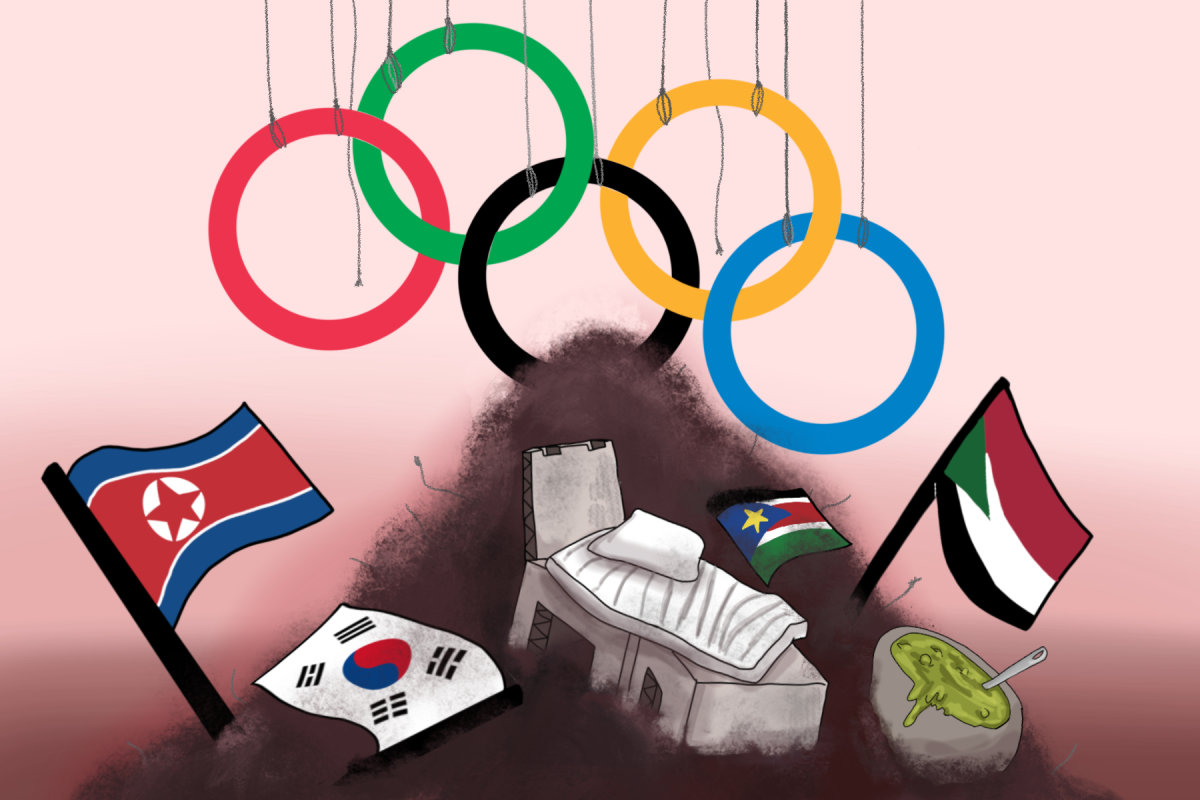
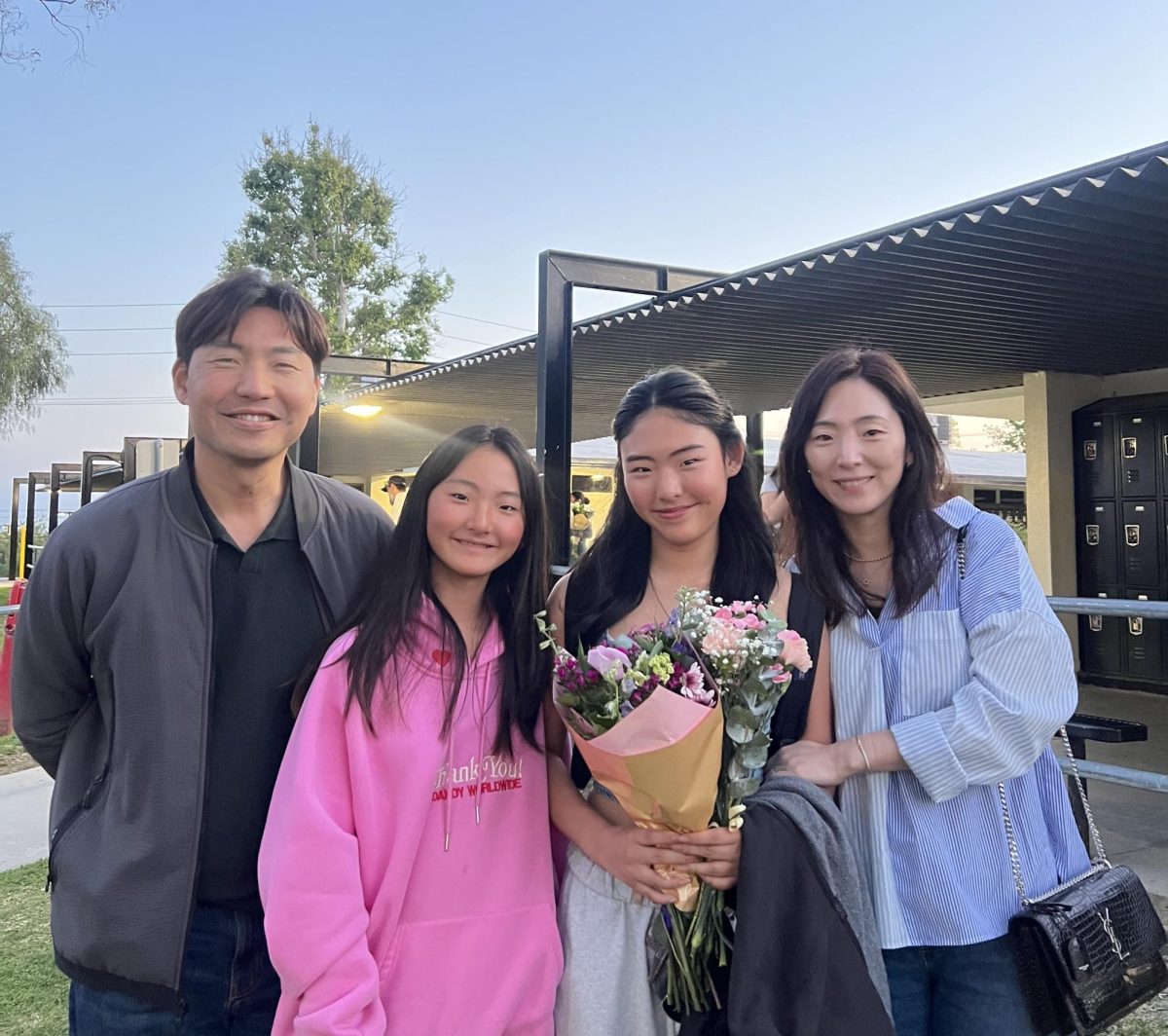
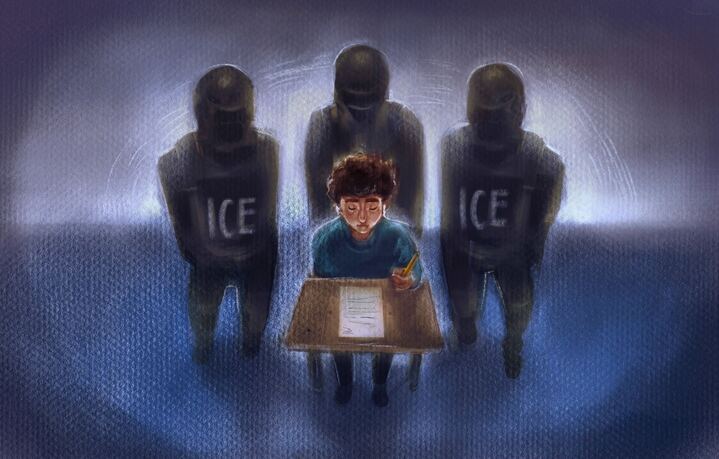
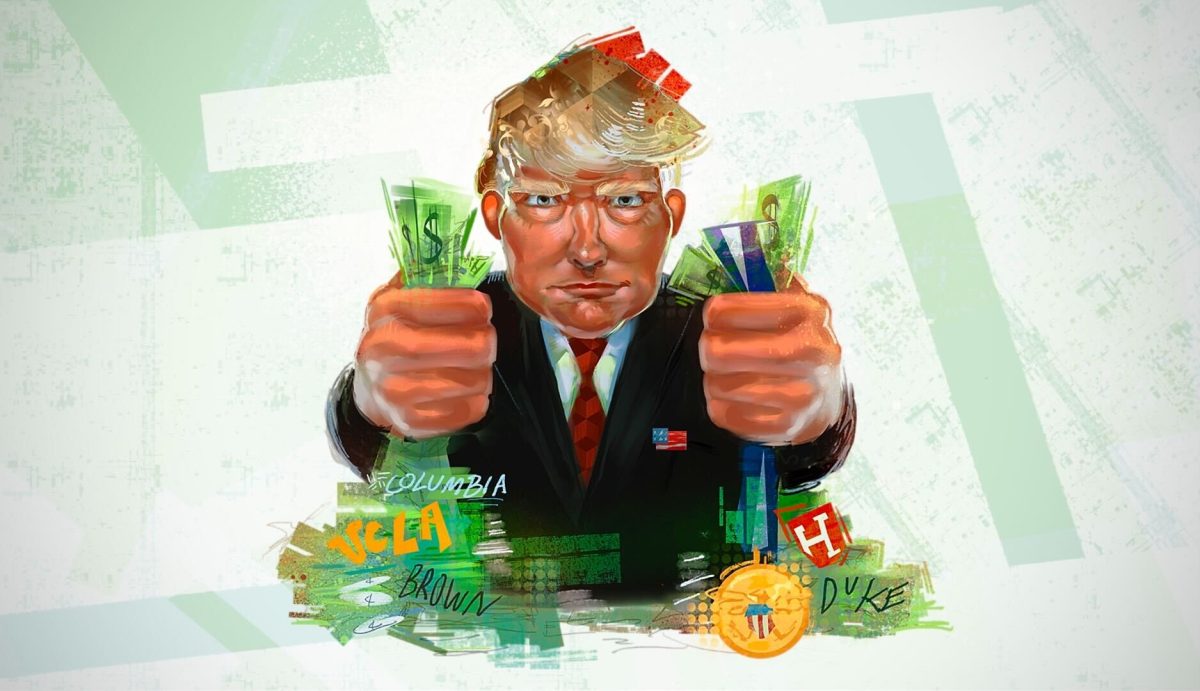


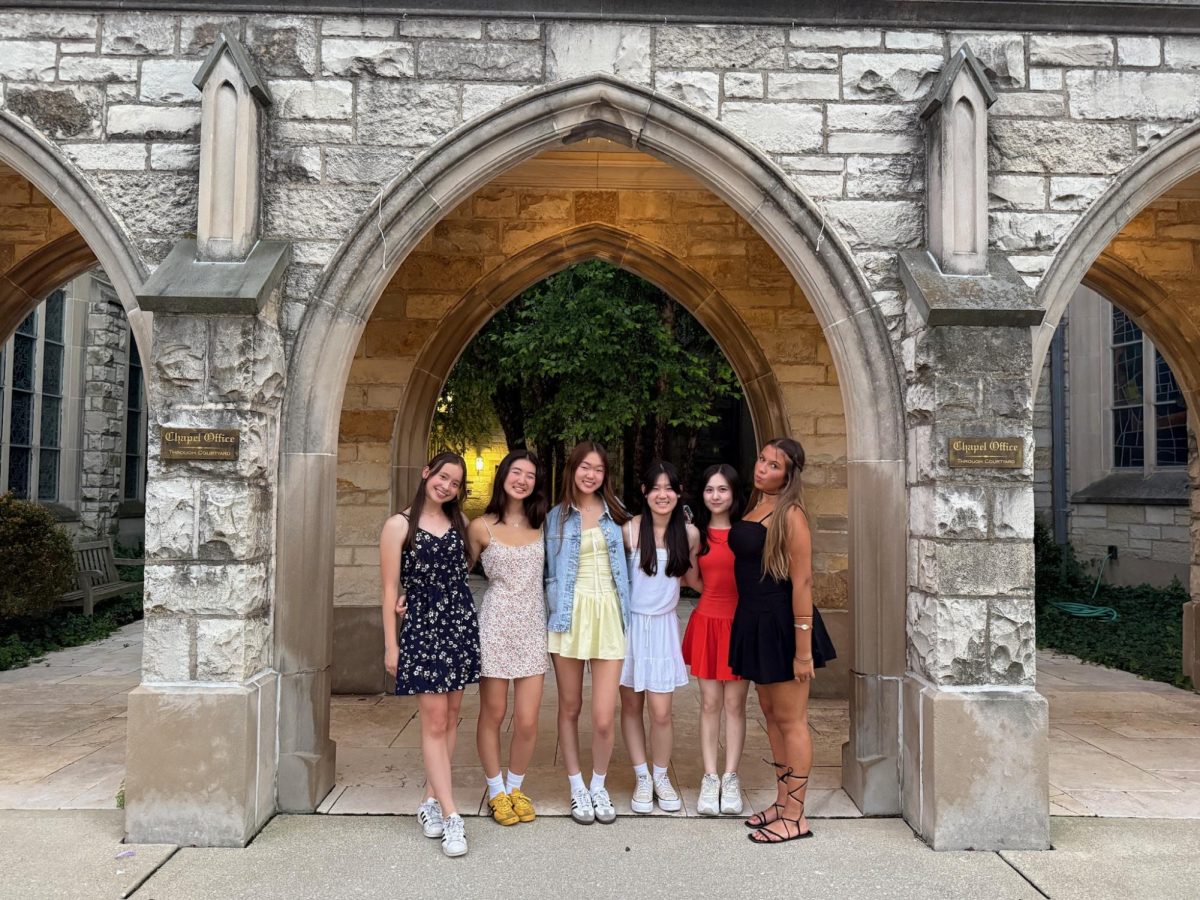
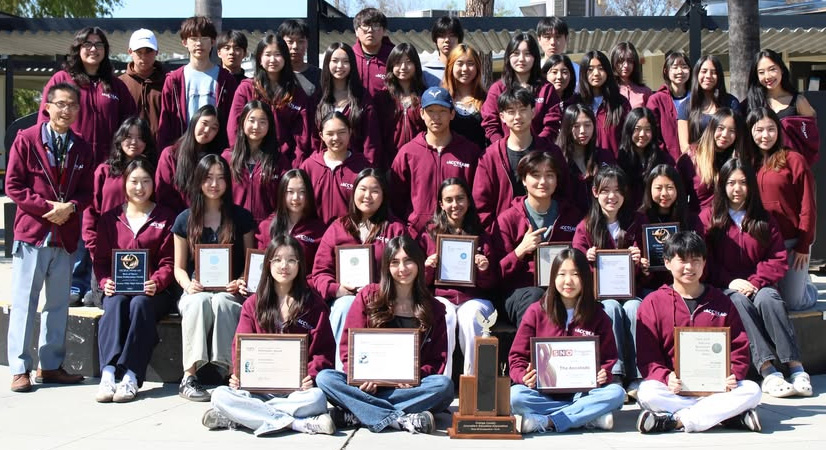
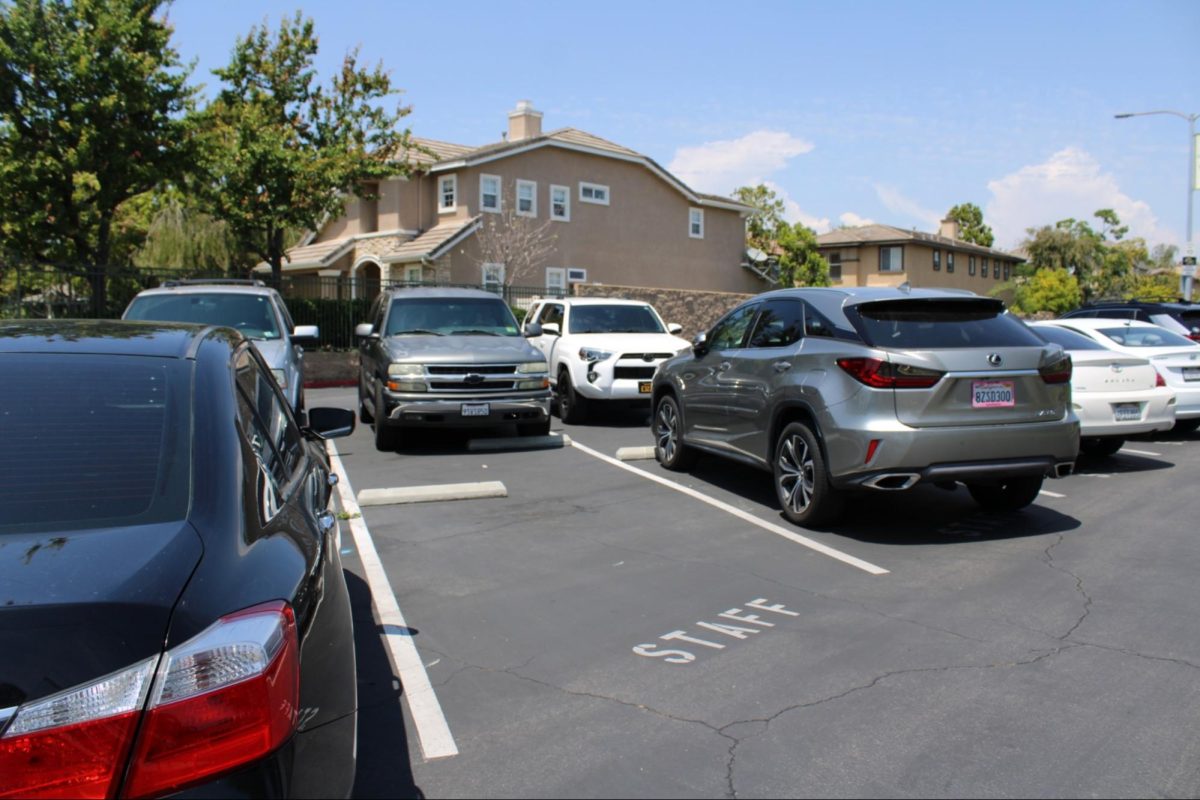
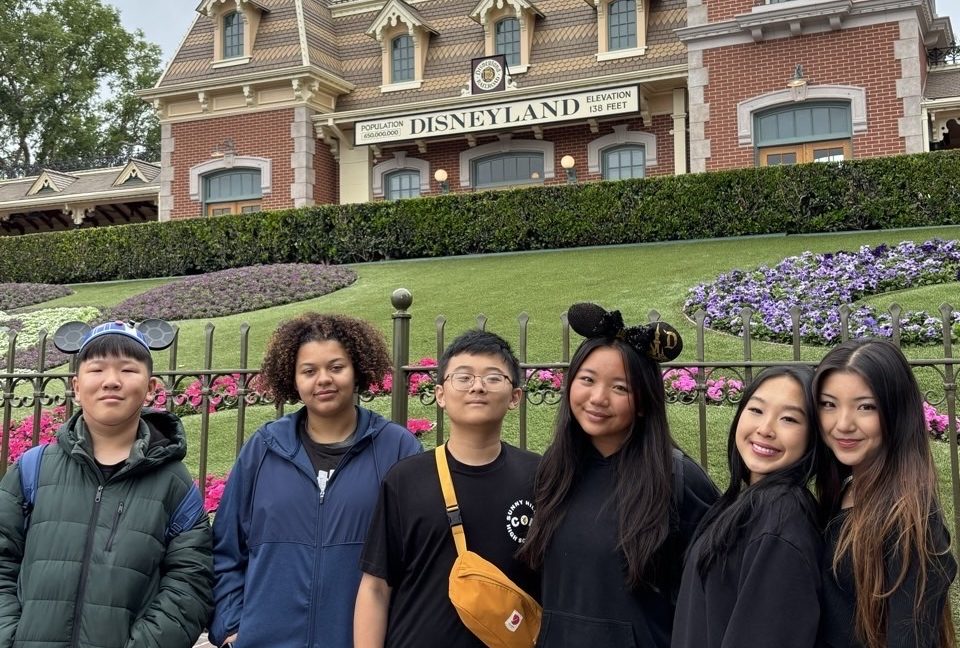


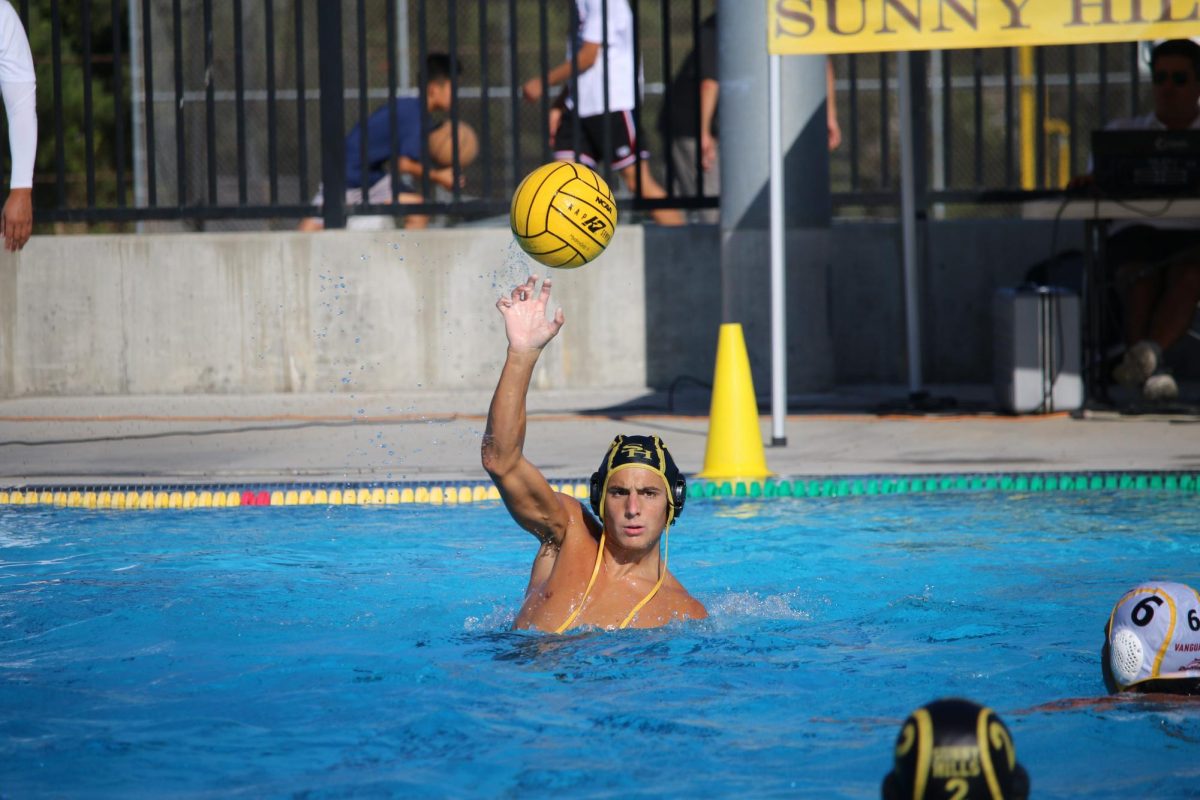


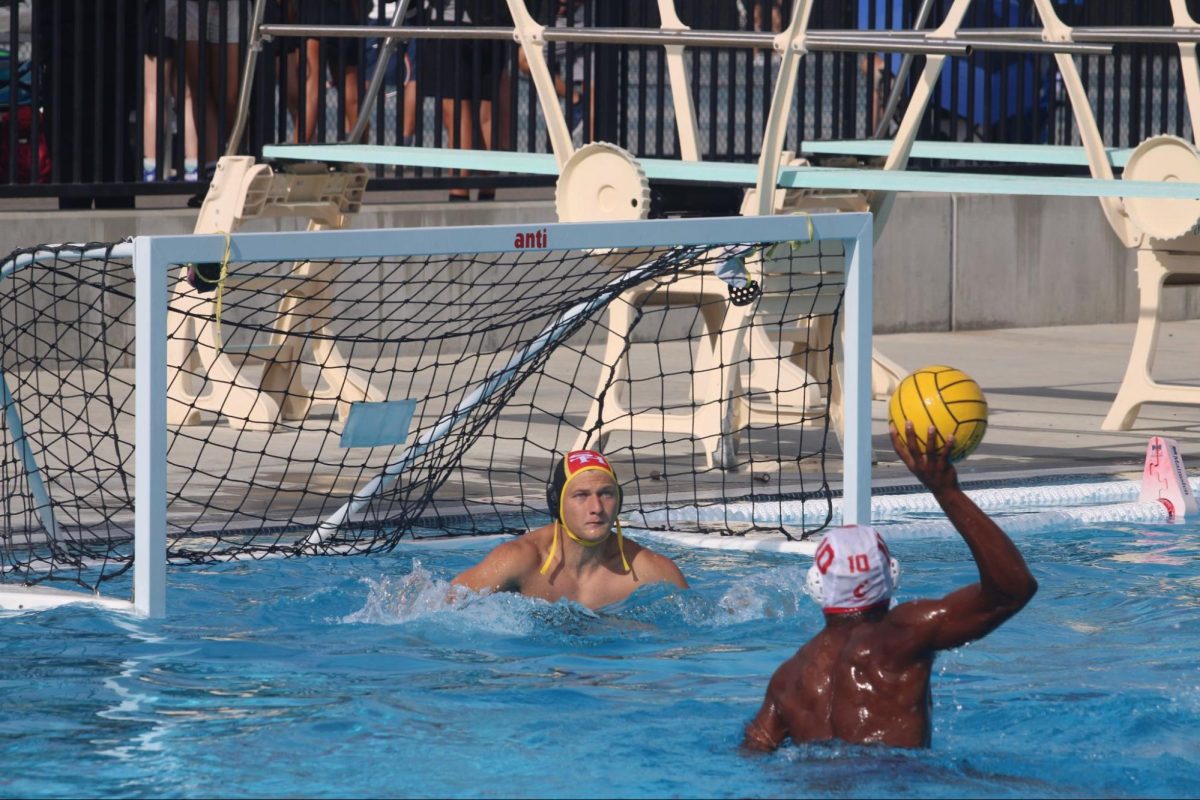
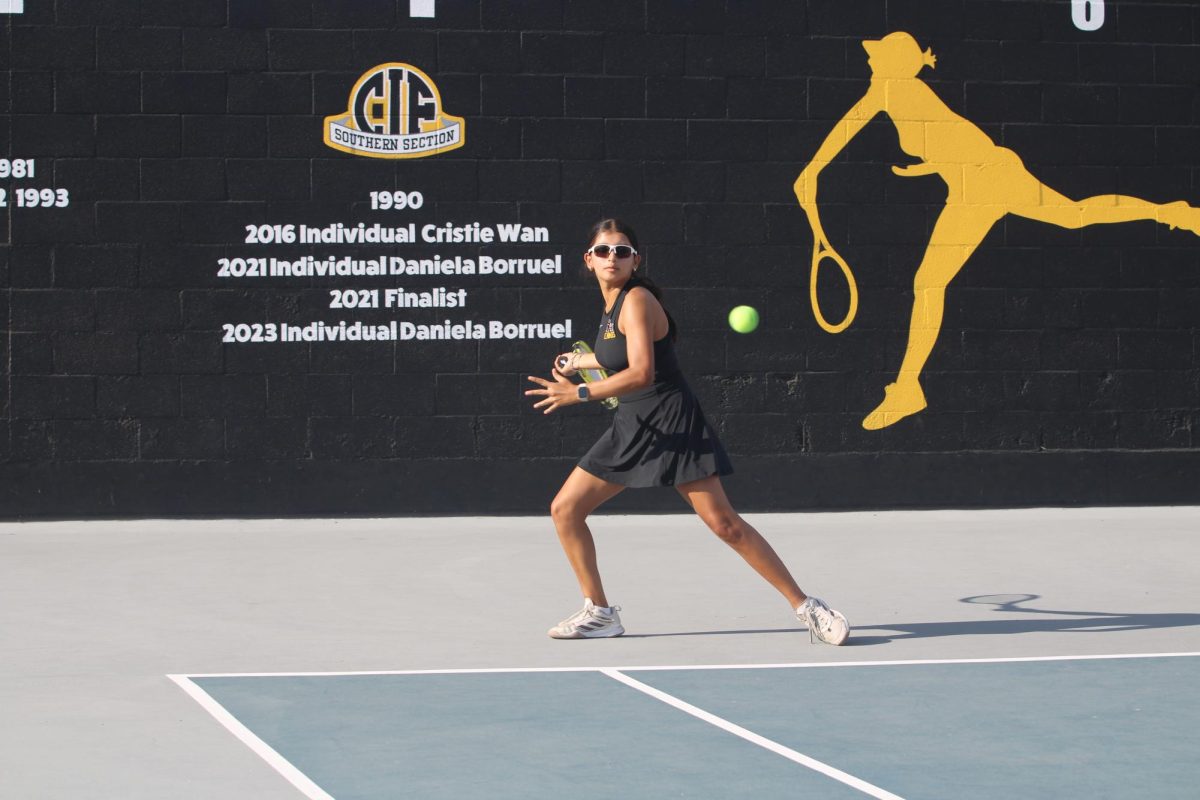
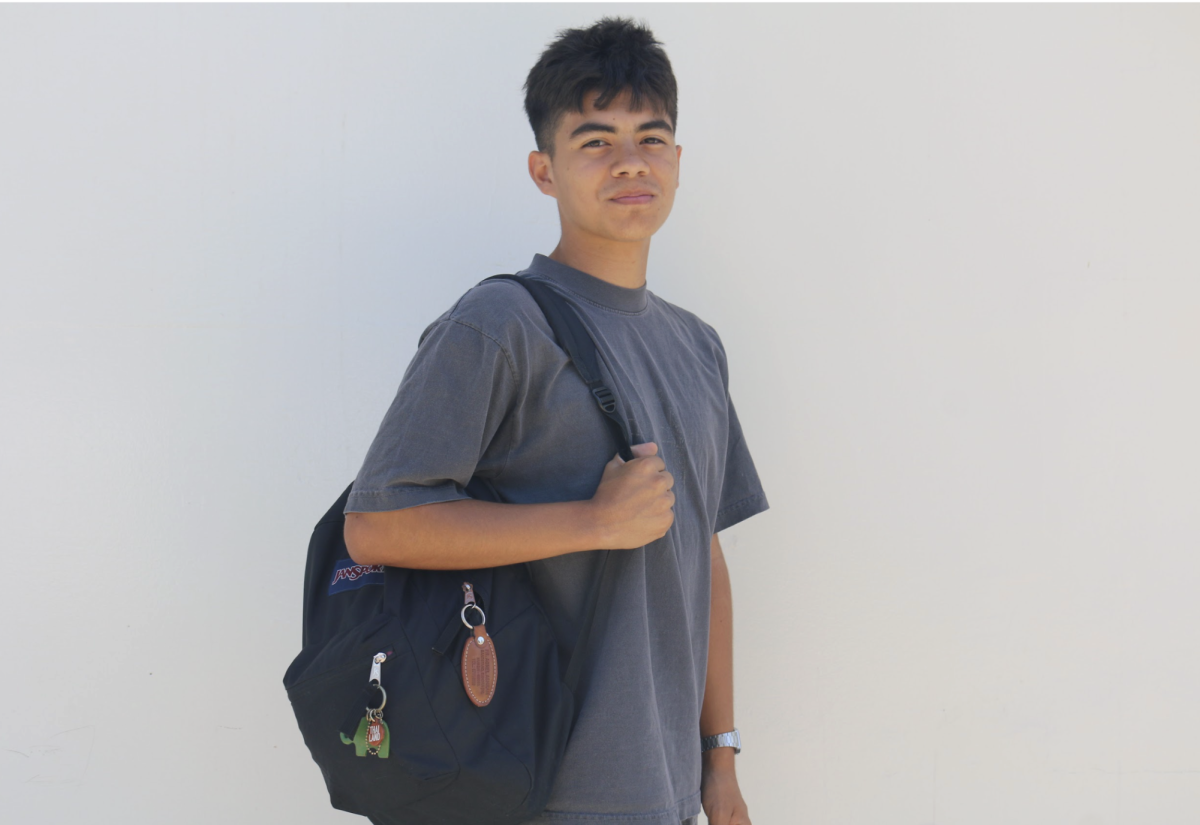
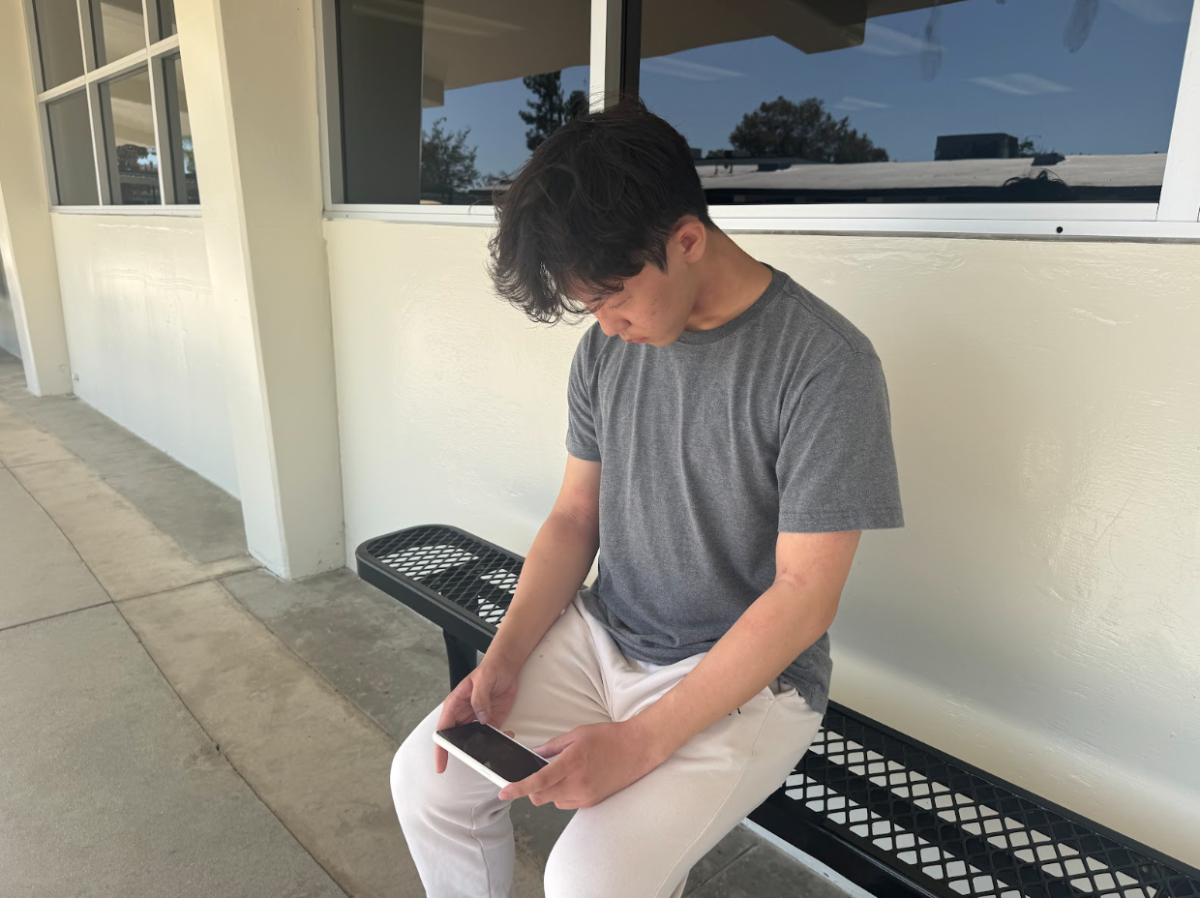
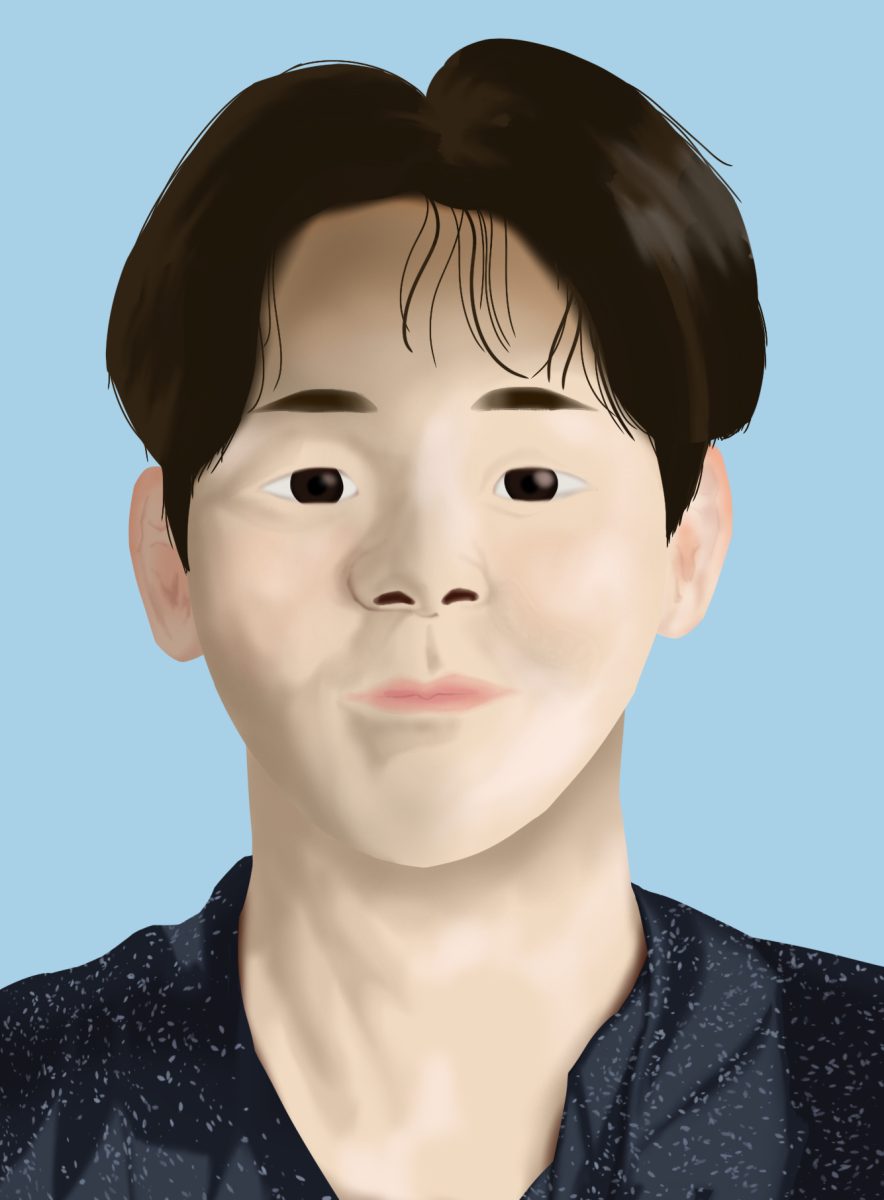
![Students and staff across the Fullerton Joint Union High School District [FJUHSD] received emails promoting a part time job offer with pay. The messages were set from compromised FJUHSD accounts.](https://shhsaccolade.com/wp-content/uploads/2025/09/image1-2-1200x527.png)

Chloe Aeum • Sep 14, 2024 at 8:01 pm
Wow, Soojin Cho! Very insightful!
Rhea Ji • Sep 14, 2024 at 3:13 pm
This is very well written, Soojin Cho!